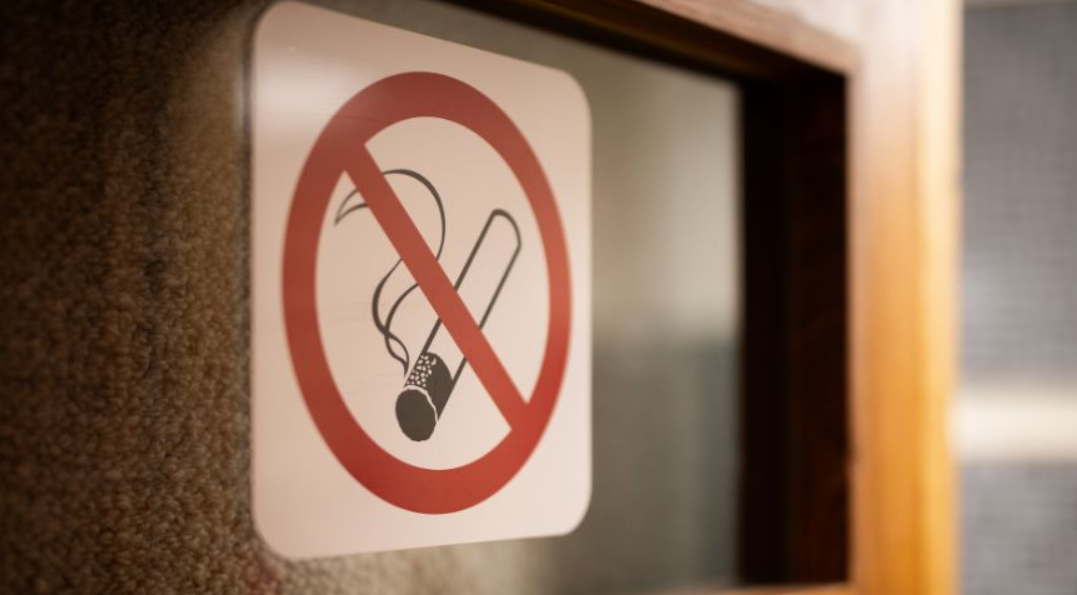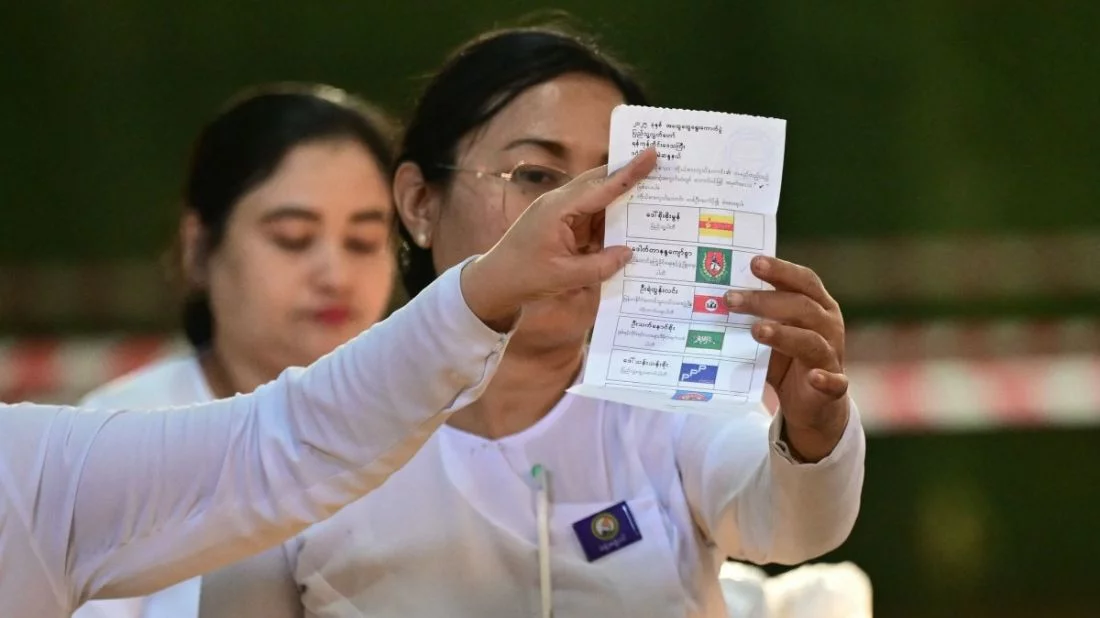The World Health Organization (WHO) has welcomed the Maldives’ historic move to introduce a generational tobacco ban, making it the first country in the WHO Southeast Asia region to take such a step toward a tobacco-free future.
The Maldivian Parliament passed a bill this week amending the Tobacco Control Act to prohibit the sale and use of tobacco products for individuals born on or after January 1, 2007. The amendment, aimed at creating a tobacco-free generation, bans smoking by those in the age group as well as the sale of tobacco products to them.
WHO praised the legislation as a significant milestone in the global fight against tobacco use, calling it a crucial step forward in protecting public health and preventing future generations from becoming addicted to tobacco.
The generational ban is part of the Maldives’ broader efforts to curb tobacco consumption. The sale, free distribution, and use of electronic cigarettes and vaping devices were already banned nationwide from December 15 last year.
The government continues to strengthen its tobacco control measures in line with global health recommendations, with the new law marking a bold commitment to reducing the burden of tobacco-related diseases in the country.
The Maldivian Parliament passed a bill this week amending the Tobacco Control Act to prohibit the sale and use of tobacco products for individuals born on or after January 1, 2007. The amendment, aimed at creating a tobacco-free generation, bans smoking by those in the age group as well as the sale of tobacco products to them.
WHO praised the legislation as a significant milestone in the global fight against tobacco use, calling it a crucial step forward in protecting public health and preventing future generations from becoming addicted to tobacco.
The generational ban is part of the Maldives’ broader efforts to curb tobacco consumption. The sale, free distribution, and use of electronic cigarettes and vaping devices were already banned nationwide from December 15 last year.
The government continues to strengthen its tobacco control measures in line with global health recommendations, with the new law marking a bold commitment to reducing the burden of tobacco-related diseases in the country.















